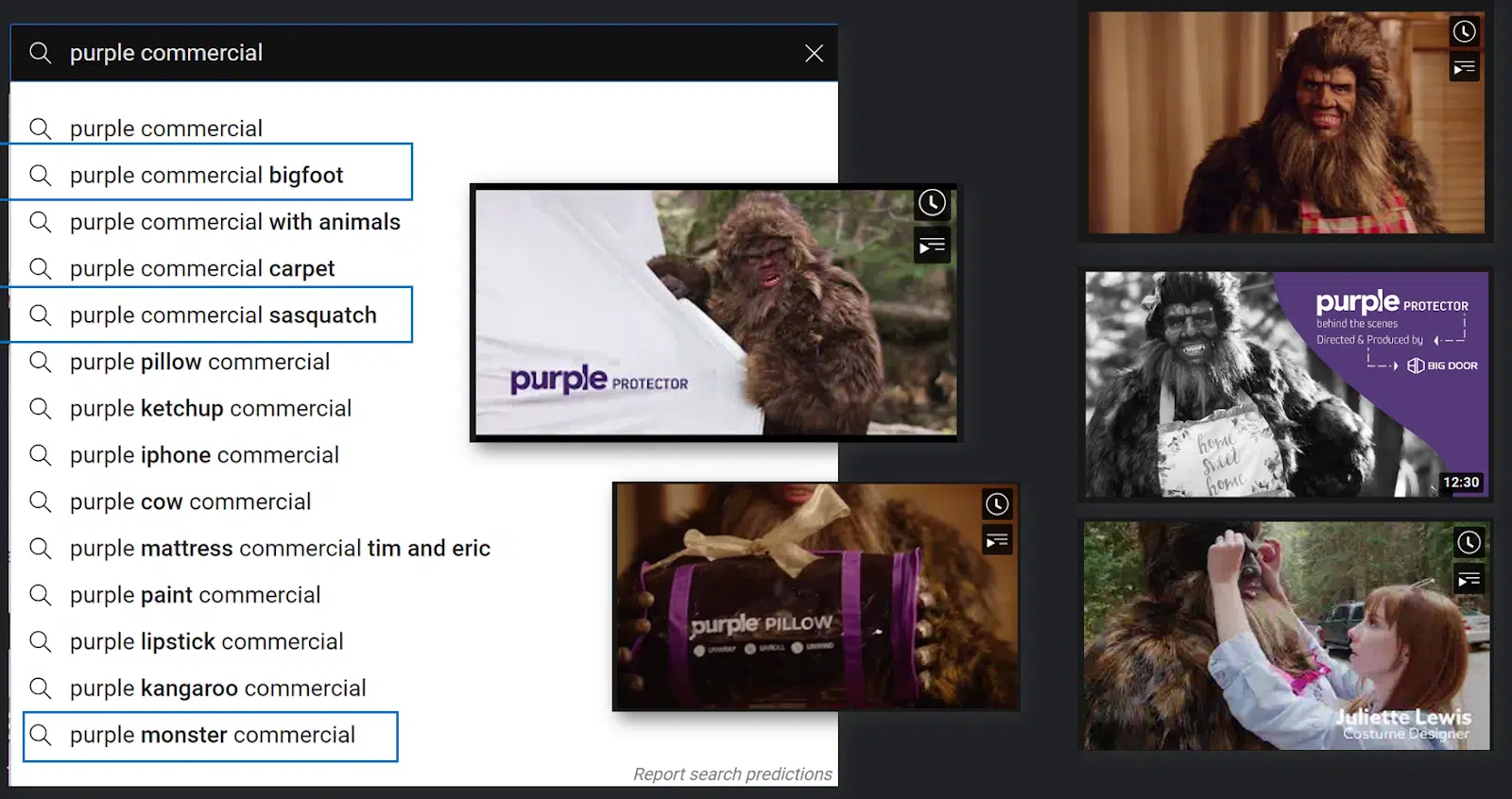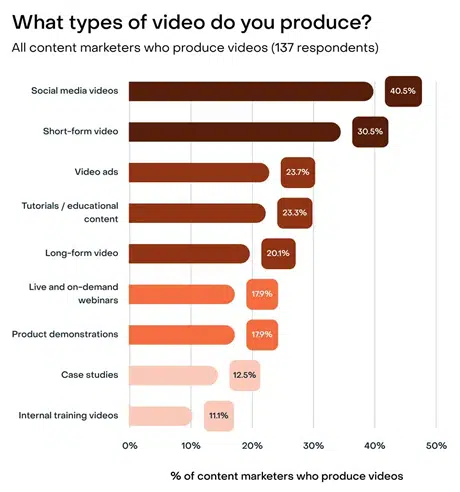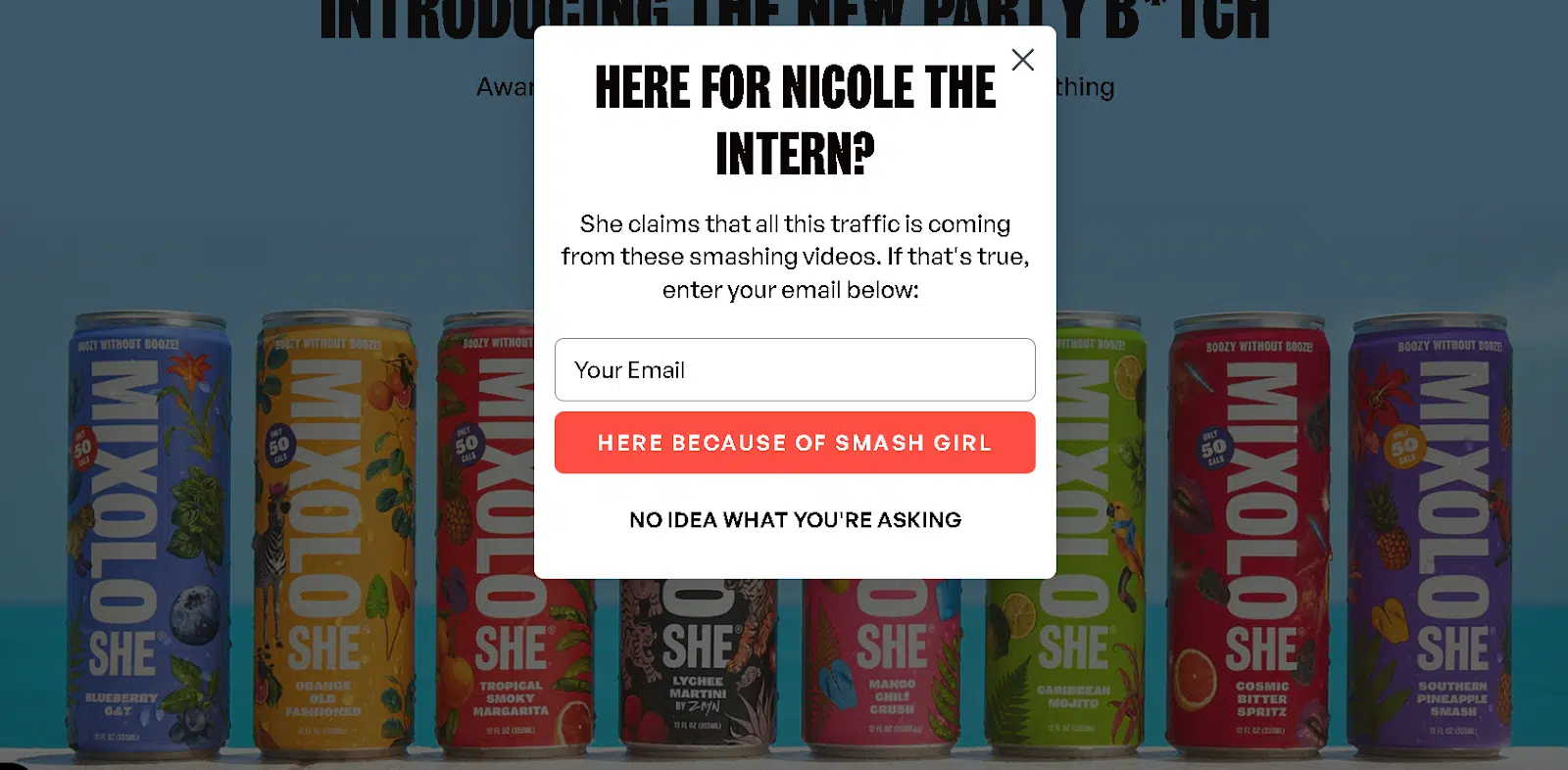As technology advances and high-speed internet connects more people, businesses of all sizes are realizing the power of video content to build their identity and engage with audiences.
This article explores how brands are leveraging video to stand out in a crowded market. We’ll look at why video is so effective, examine case studies of successful video marketing strategies and discuss the various forms video content can take.
Video: The secret weapon for brand differentiation and growth
Video is a powerful medium because it leverages human-to-human connection.
From my experience, there is nothing more convincing than a founder or CEO putting their heart on the line to educate a consumer on why they built their service or product, combined with a demonstration to help showcase the advantages.
Video can also take on many other forms to drive conversion/sales, such as one of my personal favorite case studies, Purple.
Before developing my own agency, I worked for Molio. In this YouTube creative and media buying agency, Purple blessed us with the opportunity to iterate their current creative while also applying deep analysis.
I’ll never forget spending $50,000 in month one to $500,000 by month three during a very unique time for YouTube advertising in 2017.
The results were staggering, as we had the Goldilocks product demonstration video to drive intent while leveraging our Sasquatch videos to drive user engagement through earned views and subscribers. Both were instrumental in delivering top-funnel reach, bringing users into the brand while generating intent through the egg test.
What I find most interesting about brand building with video is how long top-funnel engagement can last. In consulting with Purple, we were able to grow past Casper in search, but what I think is more impressive is how people search for Purple on YouTube even today.
The insight garnered from the YouTube Ads helped us scale our investment into Sasquatch as a core character, bringing him back for Christmas and many key holidays throughout the year to drive additional earned media.


Dig deeper: How advertisers can capitalize on vertical video
Scaling video in B2B and B2C markets
Depending on various factors, video can have a profound impact or sometimes fall flat, but no other medium offers the same level of consumer feedback.
In my experience with B2B and B2C brands, video is particularly effective for B2C, especially ecommerce. However, B2B brands that master video gain a significant advantage.
Despite being harder to scale, video is essential due to its popularity, engagement and receptiveness. If you believe in your brand, using video is a must.
If you’re unsure about video, consider that every major ad and social platform continues to heavily invest in it, like TikTok and Instagram Reels.
As Gary Vaynerchuk said, “Every business is a media company,” and I fully agree. This sentiment has only deepened over the last 10 years.
Producing diverse content formats
From consulting for numerous brands, I’ve seen my clients all operate as media companies with diverse strategies. Running an agency and working with small businesses offers a unique view into how each brand manages its media, even within the same industry.
A common question from clients is about the type of video content they produce and how much is done in-house versus outsourced.
The most common type of video content aligns with the study below, which showcases primarily social media and short-form content followed by video ads.
I would probably rank tutorials and education higher than short-form content. Tutorials and education are extremely important in the beginning phases as you reach new customers.


The most important factor in video content development is variation. I recommend creating multiple variations of your content to understand audience engagement and feedback, allowing for better future iterations.
This approach should also apply to production, using different creators and outlets to gain the best insight into consumer engagement.
The more varied the content, the better you can understand and reach your consumers, ultimately driving the KPIs your brand aims for.
Viral video marketing in action
I’m fascinated by those focused on building a brand identity through video. For example, “Nicole The Intern” impressed me by successfully growing the #smasharmy and rebranding @mixoloshe, a non-alcoholic mocktail, during a challenging time to go viral.


Nicole’s goal was to get 500,000 followers to keep her job. She used video, consistently uploading clips of smashing drinks, which created the #smasharmy.
Now aiming for 1 million subscribers, her impact is clear: the website has a “Here for Nicole The Intern” pop-up, showing she drives major traffic.


Her story has become central to the brand’s strategy. Small businesses can learn from her use of video, consistent uploads and perseverance. A visually appealing product helps, too.
Building brand identity through strategic video content
Building brand identity takes time. There’s no perfect formula, but most brands start with or need video to reach and engage a large audience.
Every company is a media company to some extent, whether working with top agencies or having an intern go viral. The key is to prioritize video and try different approaches.
This variety allows for analyzing what works, giving an edge when everyone can easily make videos. Ultimately, varied content and analysis help brands scale across platforms.
Contributing authors are invited to create content for Search Engine Land and are chosen for their expertise and contribution to the search community. Our contributors work under the oversight of the editorial staff and contributions are checked for quality and relevance to our readers. The opinions they express are their own.

